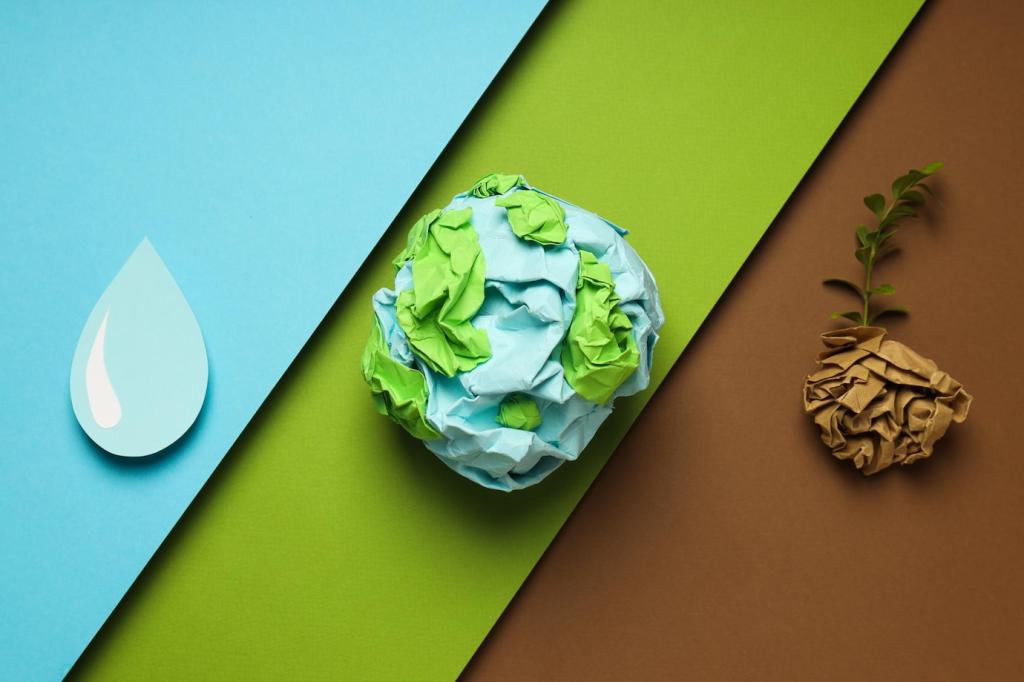Pantry Powerhouses: Vinegar, Baking Soda, and Lemon
White distilled vinegar dissolves mineral deposits, cuts soap scum, and neutralizes lingering smells. It’s fantastic on glass and chrome, though avoid natural stone. Dilute for counters, and enjoy spotless surfaces without synthetic fragrance haze.
Pantry Powerhouses: Vinegar, Baking Soda, and Lemon
This kitchen hero lifts stains and deodorizes sinks, fridges, and cutting boards. Its fine grit scrubs cookware without gouging. Sprinkle, dampen, and wipe for a clean that feels tactile, satisfying, and surprisingly effortless.
Pantry Powerhouses: Vinegar, Baking Soda, and Lemon
Fresh lemon cuts grease and leaves an uplifting scent, no heavy perfumes required. Halve a lemon, dip in baking soda, and polish stainless fixtures. That sunny scent isn’t masking grime—it means the grease is truly gone.





